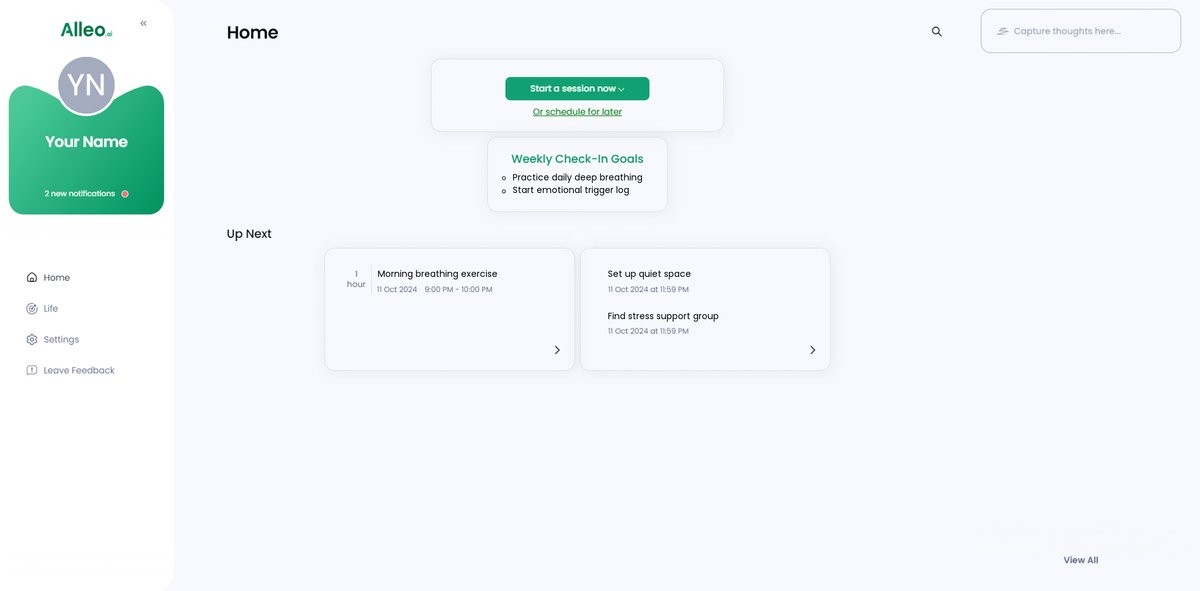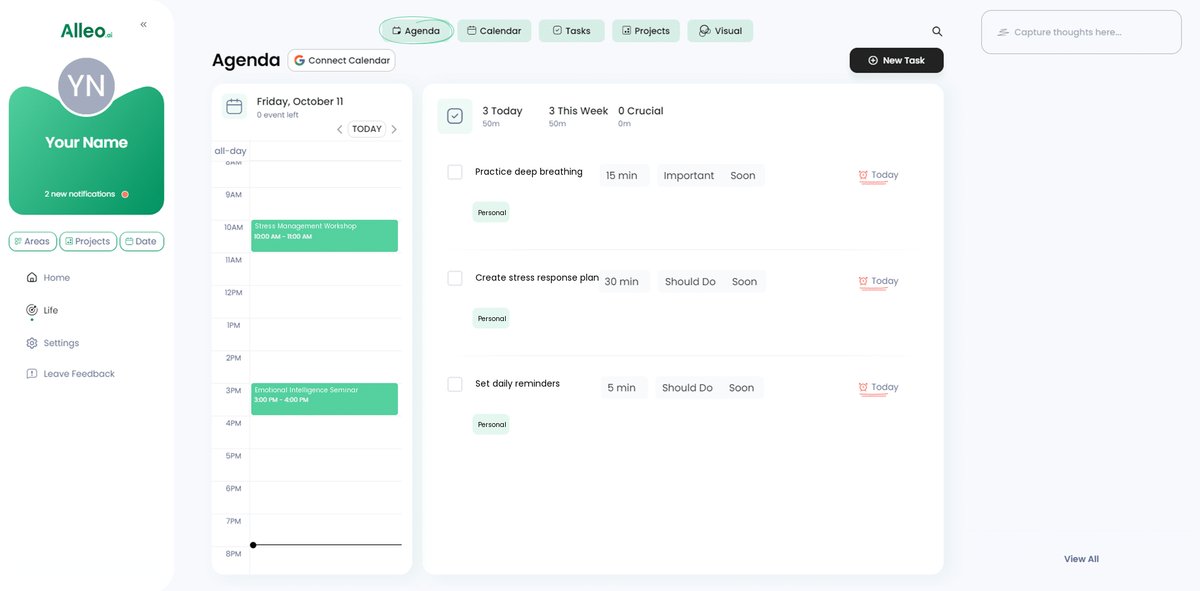How to Control Emotional Outbursts: 4 Essential Strategies for Professionals Under Stress
Have you ever felt the pressure build until you couldn’t hold back an outburst? Managing stress-induced emotional outbursts is a common challenge in high-pressure jobs.
As a life coach, I’ve helped many professionals navigate these challenges. In my experience, managing emotions and improving emotional intelligence in career settings is crucial for maintaining both personal and professional relationships.
In this article, you’ll discover effective strategies to control emotional outbursts and manage workplace stress. We’ll cover deep breathing, challenging negative thoughts, creating a stress response plan, and seeking feedback. These emotional regulation techniques and coping strategies for high-pressure jobs can help you maintain work-life balance and emotional stability.
Let’s dive in to explore professional anger management and stress reduction exercises for the workplace.

Understanding the Emotional Turmoil of Startup Founders
Emotional dysregulation is a prevalent issue among startup founders. The constant pressure can easily lead to stress-induced emotional outbursts that derail progress.
Many founders struggle to maintain composure when stress levels peak, highlighting the need for managing workplace stress.
Uncontrolled emotions can severely impact team dynamics. I’ve seen teams lose momentum due to a single emotional outburst, emphasizing the importance of professional anger management.
These moments create an atmosphere of tension and mistrust, underscoring the need for emotional regulation techniques.
The consequences of unmanaged stress are profound. Burnout and strained relationships are common outcomes, often stemming from poor work-life balance and emotional stability.
It’s essential to develop strategies to manage these challenges effectively, such as stress reduction exercises for the workplace.
In my experience, addressing these issues head-on leads to better outcomes for everyone involved. By understanding the problem, you can take proactive steps to improve your emotional regulation and develop coping strategies for high-pressure jobs.
Let’s explore how to manage stress-induced emotional outbursts.

Key Steps to Control Emotional Outbursts for Startup Founders
Overcoming the challenge of managing stress-induced emotional outbursts requires a few key steps. Here are the main areas to focus on to make progress in managing workplace stress and improving emotional regulation techniques.
- Practice deep breathing for instant calm: This helps quickly reduce stress and is an effective stress reduction exercise for the workplace.
- Identify and challenge negative thought patterns: Reframe negative thoughts positively, a key aspect of cognitive behavioral therapy for professionals.
- Develop a personalized stress response plan: Create strategies for managing triggers and coping with high-pressure jobs.
- Seek regular feedback and support from peers: Engage with others for ongoing support, which aids in improving emotional intelligence in career settings.
Let’s dive into these professional anger management techniques!
1: Practice deep breathing for instant calm
Deep breathing is a powerful tool for managing stress-induced emotional outbursts and preventing workplace stress.
Actionable Steps:
- Set a daily reminder: Schedule 5 minutes every morning for deep breathing exercises to improve emotional regulation.
- Learn specific techniques: Practice the 4-7-8 breathing method three times daily to reduce stress and enhance emotional stability.
- Create a calm environment: Designate a quiet space in your office for your breathing exercises, promoting work-life balance.
Explanation:
These steps matter because they help you quickly regain control during stressful moments. By incorporating regular deep breathing, you can reduce stress and improve emotional intelligence in career settings.
According to Healthline, effective stress reduction techniques like deep breathing can significantly improve emotional management and serve as coping strategies for high-pressure jobs.
Taking these proactive measures will help you stay composed and maintain a healthier work environment, effectively managing stress-induced emotional outbursts.

2: Identify and challenge negative thought patterns
Identifying and challenging negative thought patterns is crucial for managing stress-induced emotional outbursts and preventing workplace stress.
Actionable Steps:
- Start journaling daily: Spend 10 minutes each evening writing down negative thoughts and reframing them positively, a key emotional regulation technique.
- Use cognitive-behavioral tools: Track and challenge negative thoughts with thought record sheets, incorporating cognitive behavioral therapy for professionals.
- Incorporate mindfulness practice: Dedicate 10 minutes daily to mindfulness for emotional control to increase awareness of thought patterns.
Explanation:
These steps matter because they help you recognize and alter harmful thought patterns, improving emotional regulation. By addressing negative thoughts, you can reduce stress and enhance your overall emotional well-being, crucial for managing stress-induced emotional outbursts.
According to ADDitude, metacognitive thinking can help monitor emotional responses and manage anger more effectively, supporting professional anger management.
Benefits of challenging negative thoughts include:
- Improved self-esteem and confidence
- Enhanced problem-solving skills
- Reduced anxiety and stress levels, aiding in managing workplace stress
Taking these proactive measures will help you maintain a healthier mindset and work environment, improving work-life balance and emotional stability.

3: Develop a personalized stress response plan
Creating a personalized stress response plan is vital for managing stress-induced emotional outbursts and preventing workplace stress.
Actionable Steps:
- Identify triggers: List common stressors and emotional triggers in your work environment. Recognizing these triggers allows you to anticipate and prepare for stressful situations, improving your emotional regulation techniques.
- Create a response strategy: Develop specific actions to take when faced with each trigger, such as taking a walk or practicing a quick meditation. Having predefined responses helps you stay calm and controlled, supporting professional anger management.
- Role-play scenarios: Practice your response plan with a trusted colleague or coach to build confidence. This reinforces your strategies and makes them more effective in real situations, enhancing your ability to manage stress-induced emotional responses.
Explanation:
These steps matter because they help you proactively manage stress and prevent emotional outbursts. By having a clear plan, you can maintain composure and enhance your emotional regulation in high-pressure jobs.
According to SAMHSA, recognizing and managing stress symptoms is crucial for emotional well-being.
This proactive approach will help you create a healthier and more productive work environment, supporting work-life balance and emotional stability.

4: Seek regular feedback and support from peers
Having a support network and receiving feedback are essential for managing stress-induced emotional outbursts and controlling emotional responses in the workplace.
Actionable Steps:
- Form a support group: Arrange weekly meetings with fellow founders to share experiences and strategies for managing workplace stress and improving emotional stability.
- Seek mentorship: Find a mentor who has successfully managed stress in their career and can offer guidance and support on professional anger management.
- Solicit peer feedback: Regularly ask your team for feedback on your emotional regulation techniques and make necessary adjustments to improve your emotional intelligence in career settings.
Explanation:
These steps matter because they provide external perspectives and support, which help in maintaining emotional balance and managing stress-induced emotional outbursts. Engaging with peers and mentors can offer valuable insights and coping strategies for high-pressure jobs.
According to NCCUSA, emotional intelligence is crucial for effective leadership, highlighting the importance of seeking feedback and support for managing workplace stress.
Key benefits of peer support include:
- Shared experiences and problem-solving for stress reduction in the workplace
- Accountability for personal growth and work-life balance
- Emotional validation and understanding to improve emotional control
Having a strong support network can significantly improve your ability to manage stress-induced emotional outbursts and maintain a healthy work environment through mindfulness and cognitive behavioral therapy techniques.

Partner with Alleo on Your Emotional Regulation Journey
We’ve explored how to control emotional outbursts and manage stress-induced emotional responses. But did you know you can work directly with Alleo to make this journey towards managing workplace stress easier and faster?
Setting up an account with Alleo is simple. Once you sign up, you’ll create a personalized stress management plan focused on improving emotional intelligence in career settings.
Our AI coach will guide you through deep breathing, thought challenges, and response strategies for managing stress-induced emotional outbursts. The coach follows up on your progress with professional anger management techniques, handles changes, and keeps you accountable via text and push notifications, helping you maintain work-life balance and emotional stability.
Ready to get started for free and learn stress reduction exercises for the workplace? Let me show you how!
Step 1: Log In or Create Your Account
To begin your journey towards better emotional regulation, log in to your Alleo account or create a new one if you haven’t already.

Step 2: Choose Your Focus Area
Select “Improving overall well-being and life satisfaction” to address emotional regulation and stress management, key factors in enhancing your personal and professional life as discussed in the article.

Step 3: Select “Personal” as Your Focus Area
Choose the “Personal” life area to address emotional regulation and stress management, which will help you develop strategies to control outbursts and improve your overall well-being both at work and in your personal life.

Step 4: Starting a coaching session
Begin your journey with Alleo by scheduling an initial intake session, where you’ll work with our AI coach to create a personalized stress management plan tailored to your unique needs as a startup founder.

Step 5: Viewing and Managing Goals After the Session
After your coaching session, open the Alleo app to find your discussed goals conveniently displayed on the home page, allowing you to easily track and manage your progress in controlling emotional outbursts and managing stress.

Step 6: Adding events to your calendar or app
Use the Alleo app’s calendar and task features to schedule your stress management activities and track your progress in controlling emotional outbursts. Simply tap the “+” icon to add breathing exercises, thought challenge sessions, or support group meetings to your calendar, helping you stay accountable and monitor your journey towards better emotional regulation.

Wrapping Up Your Emotional Regulation Journey
As we conclude, remember that managing stress-induced emotional outbursts is not a one-time task. It’s an ongoing process that requires dedication and practice.
By practicing deep breathing, challenging negative thoughts, developing a stress response plan, and seeking peer support, you’re taking significant strides toward better emotional regulation techniques and professional anger management.
It’s okay to struggle sometimes with managing workplace stress. Everyone does.
But don’t stop there.
Consider using Alleo to support your efforts in managing stress-induced emotional outbursts. Our AI coach helps you stay on track and makes the journey easier, improving emotional intelligence in career settings.
Start today, and create a healthier, more productive work environment for you and your team, focusing on work-life balance and emotional stability.